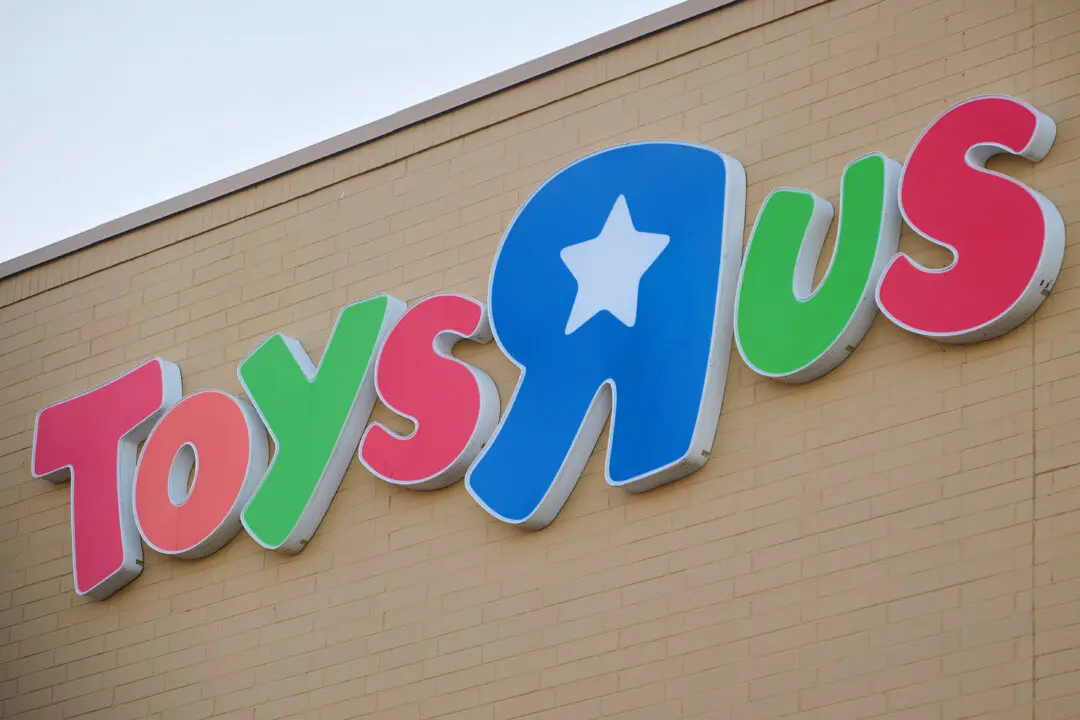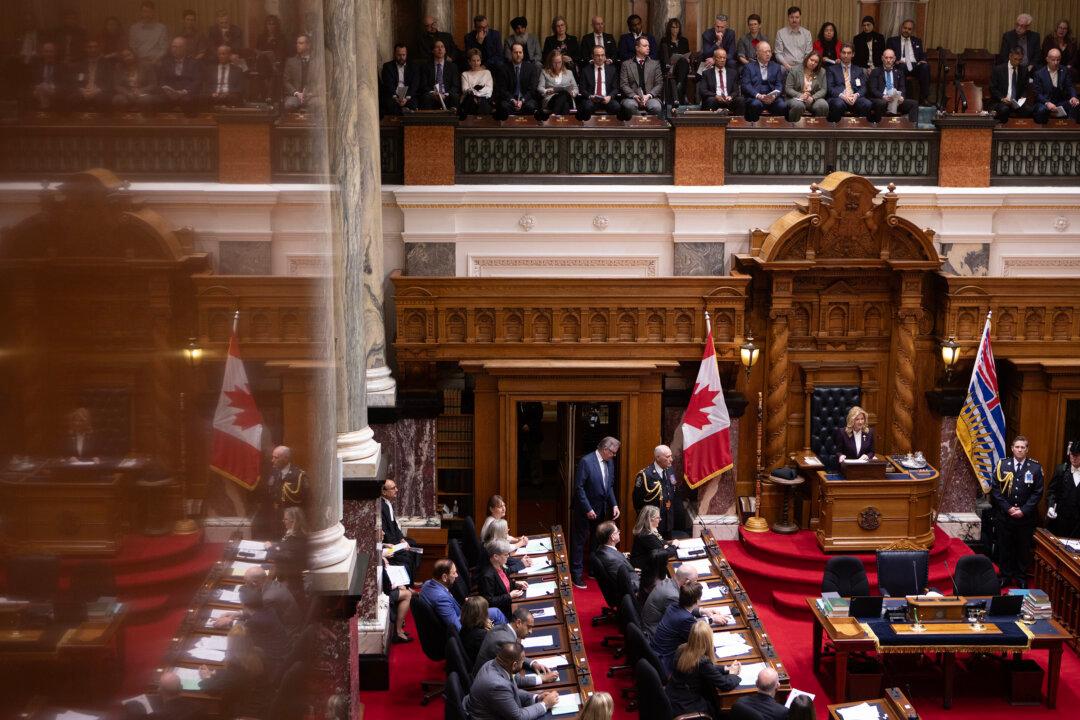Starting today, Toronto residents are allowed to consume alcohol in some parks, as the city kicks off a time-limited pilot project.
The pilot project runs until Oct. 9 and allows those 19 and older to drink alcohol at 27 selected parks across Toronto, including Queen’s Park, Corktown Common and Earlscourt Park, where officials will formally launch the initiative later this morning.





